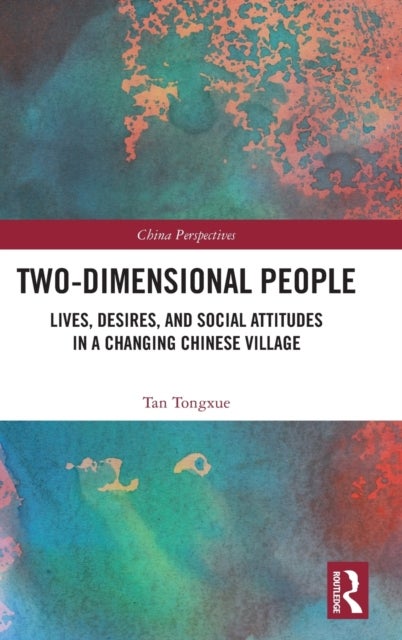
Two-Dimensional People av Tan Tongxue
1759,-
<P>Based on almost eight years of fieldwork in a town and a village in South China, this book analyzes contradictions among various dimensions of the peasant economy, social relationships, popular religion, and local politics in rural China. </P><P>Compared to many anthropological, sociological, and political studies of rural China, which regard Chinese peasants as one-dimensionally materialistic, politically conservative, egocentric (lacking public-mindedness, as in anthropologist Yan Yunxiang''s notion of the "uncivil individual"), with collapsed beliefs, and thinking only of the present (or the "today-ness of today" according to anthropologist Liu Xin), this book shows that people in contemporary rural China are actually "two-dimensional": trying to combine the calculation of self-interest with affective networks of reciprocity, but often falling into awkwardness or cynicism, in a paradoxical symbiosis between nihilism and transcendence. While Marcuse used the words of Benjamin to a








